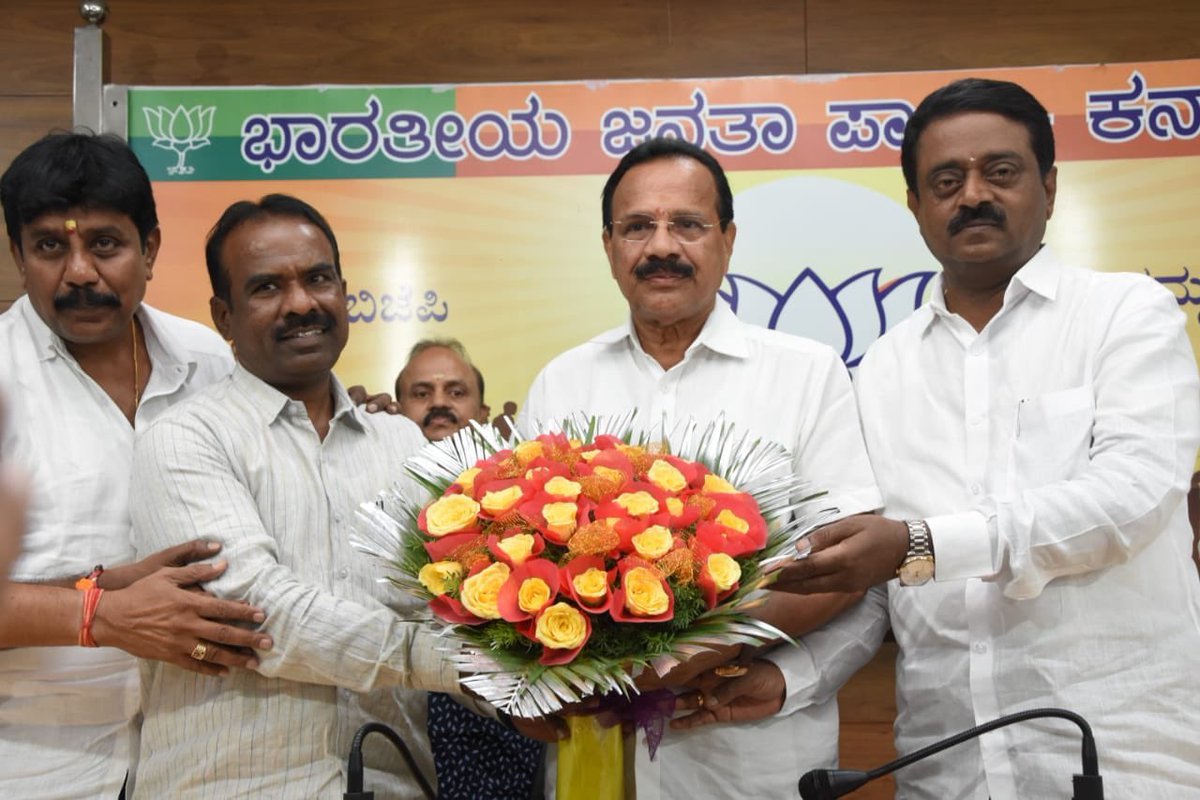Union Minister DV Sadananda Gowda on Monday said that the Hindi language row was being raked up for political purposes and to unfairly cast aspersions against the central government.
As the heat over the Hindi language “imposition” continued to rise, Gowda asserted that no decision has been taken so far on the Hindi language matter.
Advertisement
“Just for political purposes, just for casting aspersions against central government, I don’t think it is fair. So far no decision has been taken as far as imposition of Hindi is concerned,” he was quoted as saying by ANI.
Gowda, the Union Minister of Chemicals and Fertilizers, reminded that the PM had spoken of regional issues to be taken up on priority.
“PM had said ‘national ambitions, regional aspirations’. Even while addressing Parliament members he said that regional issue should be taken up on priority because regional issues can only show the strength of the country,” Gowda said.
Earlier today, the Ministry of Human Resource Development (MHRD) released a revised draft removing any reference to ‘Hindi’ following days of widespread outcry over the draft version of the National Education Policy (NEP) 2019.
The furore was over the draft’s proposal to making Hindi compulsory in non-Hindi speaking states.
The revised draft says, “In keeping with the principle of flexibility, students who wish to change one or more of the three languages they are studying may do so in Grade 6 or Grade 7, so long as they are able to still demonstrate proficiency in three languages (one language at the literature level) in their modular Board Examinations some time during secondary school (see P4.9.5).”
The revised draft does not mention any specific language for study by students in school.
The Kasturirangan Committee had recommended the teaching of Hindi, English and one regional language in the non-Hindi states; and Hindi, English and one modern Indian language from other parts of the country in Hindi-speaking states.
Earlier on Sunday, Karnataka Chief Minister HD Kumaraswamy and Congress lawmaker from Kerala Shashi Tharoor issuing warnings against the forced imposition of the Hindi language on South Indian states.
“Most of us in the South learn Hindi as a second language but nobody in the North is learning Malayalam or Tamil,” Tharoor was quoted as saying by news agency ANI.
On the same day, Maharashtra Navnirman Sena spoke against enforcement of Hindi asserting that it is not their mother tongue.
Quoting state leader and spokesperson Anil Shidore, the MNS tweeted: “Hindi is not our mother tongue, do not enforce it on us and incite us.”
On Saturday, Opposition parties in Tamil Nadu opposed the three-language formula for schools in the state.
DMK Lok Sabha member Kanimozhi said her party would oppose any such move. Her brother, DMK chief MK Stalin, said that his party will oppose in Parliament the HRD ministry’s new education policy draft, which introduces Hindi as compulsory subject in non-Hindi speaking states.
According to reports, Stalin said that Hindi is not in the blood of the people of Tamil Nadu.
Reacting to the formula, actor-turned-politician Kamal Haasan said, “No language should be imposed and those who are interested can learn any language of their choice”.











